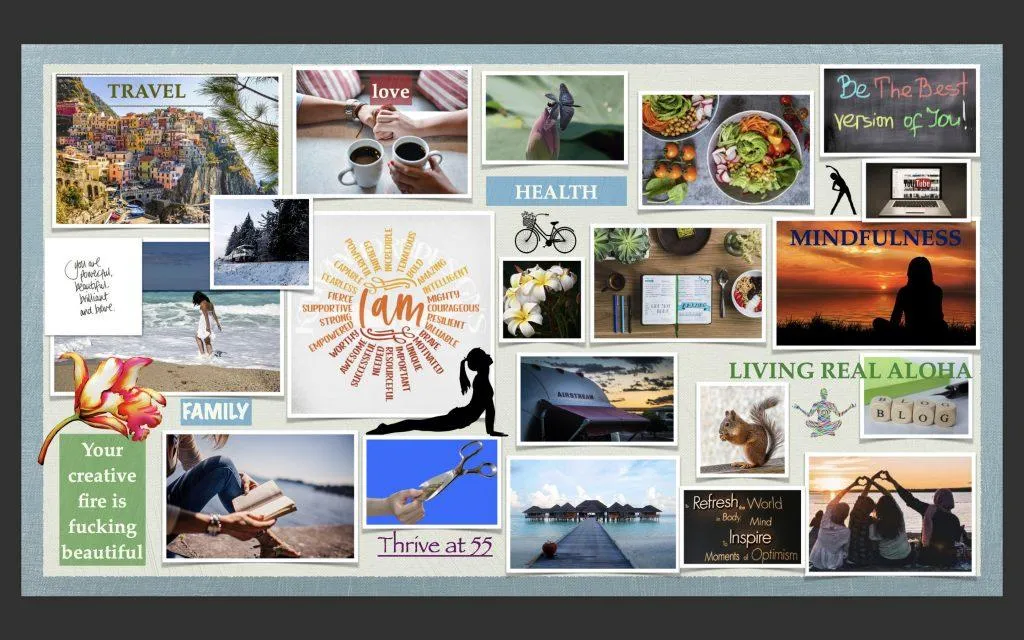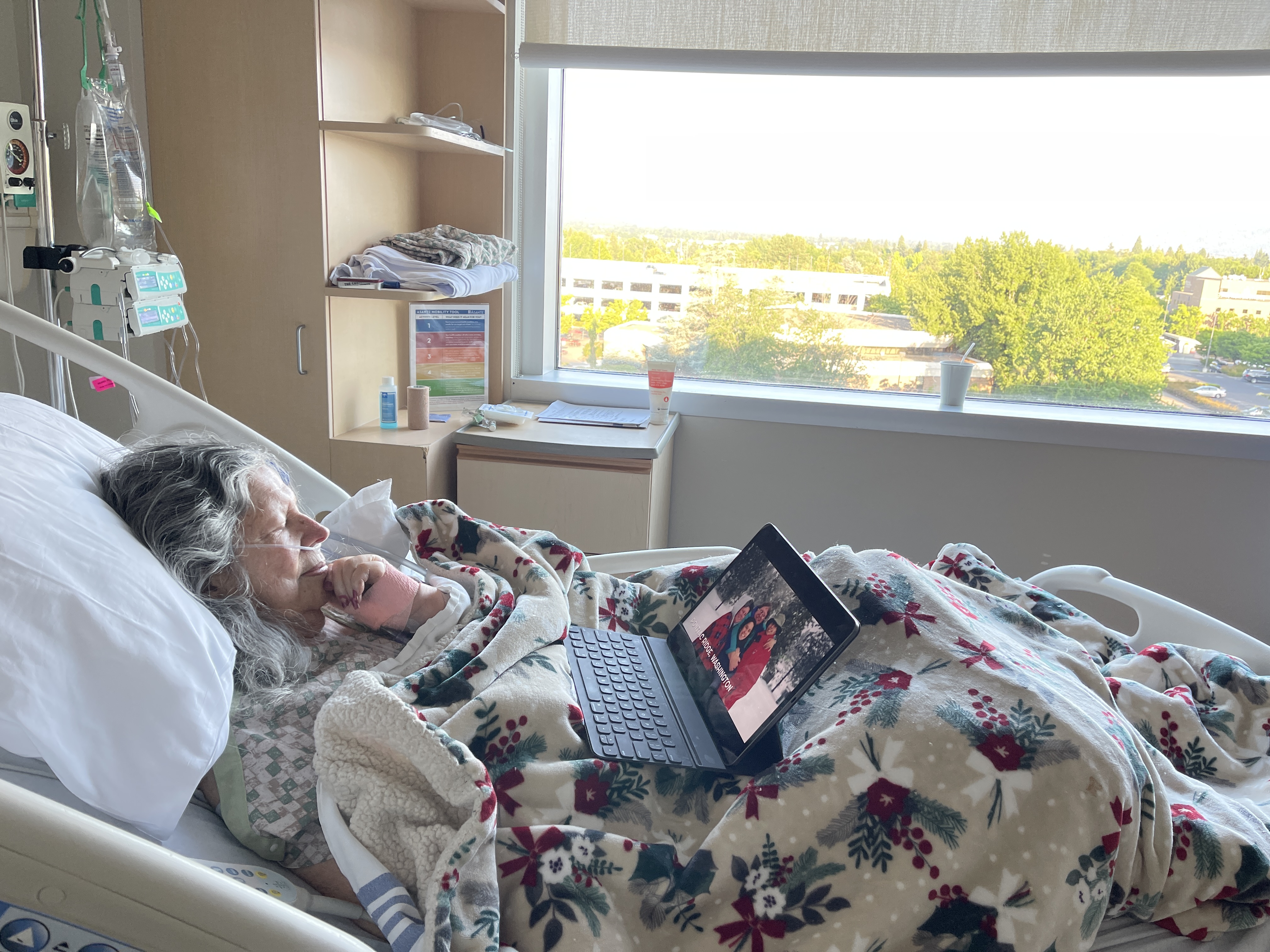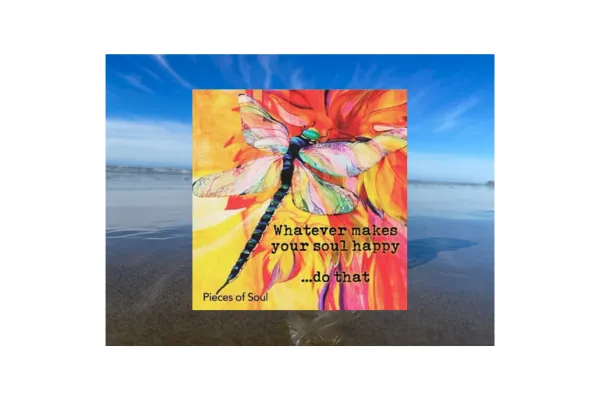Wherever You Are, Whenever You Need It—
Notarization, Made Simple & Secure
real aloha notary services
Notarization made simple—no travel, no hassle. Get legally recognized Remote Online Notarization (RON) nationwide.

HOW IT WORKS
Upload Your Document: Prepare your document for notarization.
Verify Your Identity: Use a government-issued ID for verification.
Connect with a Notary: Join a secure online session to complete the notarization.
plan your
sunset season
without relying on traditional family support

Even the most confident decision makers are thinking:
I'm retired, now what?
Get The Remote Online Notarization Checklist -
Everything You Need Before You Sign
Avoid delays, mistakes, and last-minute stress—this Remote Online Notarization Checklist ensures you have everything ready before you sign. Whether you're handling legal documents, real estate transactions, or personal agreements, this guide will help you stay prepared, organized, and confident in the notarization process.
Know exactly what documents you need
Avoid common mistakes that slow down the process
Ensure a smooth, secure, and hassle-free notarization
Download now and get notarization done right the first time!
Get My Top 25 Checklist For What You Need To Do Now To Enjoy Your Sunset Season Living Real Aloha!

No more stress and frustration trying to get important documents notarized—Remote Online Notary (RON) makes it fast, easy, and convenient so you can move forward with confidence!
Never depend on your family to "just know"
how you want to spend your sunset season!
Never depend on your family to
"just know"
how you want to spend your
sunset season!
Never depend on your family to "just know"
how you want to spend your sunset season!

Remote Online Notary
(Available Nationwide)
No time to wait...need help today?
Notarize documents remotely—anytime, anywhere!
✔ Legally recognized and fully secure with encryption
✔ Perfect for powers of attorney, healthcare directives, real estate, and more

Mobile notary (in oregon only)
✔ In-person notarization for documents that require physical presence
✔ Available at your home, office, or another convenient location
✔ By appointment only—flexible scheduling in Oregon

Beyond Notary—living real Aloha blog
Living Real Aloha is more than notarization—it’s about embracing life’s moments, travel, and connection.
In case we haven't met yet...
I'm Heidi Coleman
Remote Online Notary
I make notarization quick, secure, and convenient with Remote Online Notarization (RON)—
so you can sign important documents from anywhere, anytime, without the hassle of travel or long wait times.
Use this area to tell your story. Talk about your failure when you first started looking for a solution. Maybe there was a conspiracy against you, a false belief, a misunderstanding.
Real Aloha Notary Services
Notarization Made Simple
Life’s big moments often come with paperwork, but that doesn’t mean it has to be stressful. At Real Aloha Notary Services, I make notarization easy, accessible, and hassle-free—so you can focus on what matters most.
I’m Heidi, and I know firsthand how overwhelming legal documents can feel, especially when juggling life’s responsibilities. That’s why I offer Remote Online Notarization (RON) and Mobile Notary Services (Oregon only)—giving you a quick, secure, and convenient way to handle important paperwork without the extra stress.
✔ No travel, no waiting—just seamless online notarization from anywhere.
✔ Flexible scheduling that fits your busy life.
✔ Professional, efficient, and handled with care and respect.
Whether you need a power of attorney, healthcare directive, or other critical documents notarized, I’m here to make the process smooth, secure, and stress-free.
Let’s get this done—Schedule your notary service today!

As Seen In:

STRAIGHT FROM OUR HAPPY CUSTOMERS
This is an incredible testimonial that specifically overcomes a common objection, and this is the main point of the testimonial.
Mauris ac vestibulum nibh, quis euismod velit. Mauris sodales tincidunt ex vitae viverra. Nunc neque eros, convallis. Mauris sodales tincidunt ex.
Jane Awesome, Acme, Co.

Now on the living real aloha Blog...

How I Stopped Apologizing for Everything — And Why You Should Too
For the last couple of years, I’ve been working on something that seems simple but can be surprisingly hard: not saying "sorry" unless I actually mean it. It’s been a real shift for me, and I’ve even started pointing it out to others when I notice them doing the same thing. The truth is, we tend to apologize way too much, and a lot of the time, it’s a reflex rather than something we really mean. Constant apologizing can even be a sign that we’re struggling with self-worth.
You’ve probably seen it, or maybe you do it yourself: apologizing all the time, for things that don’t really need an apology. On one hand, saying sorry is part of being polite, and that’s totally fine. But if you catch yourself saying sorry for everything, it’s time to take a closer look at why you’re doing it. Think about it: when you apologize, you’re taking the blame for something going wrong. Whether you’re navigating a crowded grocery store aisle or just asking for something you want, there are times when "sorry" isn’t necessary — and "excuse me" might be a better fit.
Here’s the tricky part: constantly apologizing can send a message that you believe others have more of a right to be here than you do. Sure, sometimes "sorry" is just a quick way to ease tension, but if it’s happening all the time, it might be worth digging a little deeper. It could be a habit that’s formed over time, and breaking it starts with a little awareness.
Steps to Break the Habit
Notice When You Do It: The first step is just paying attention. Don’t stress about it; just notice when you say sorry throughout your day. You might be surprised at how often it pops out without you even thinking about it.
Check in With Your Feelings: After a few days of paying attention, try to catch what you’re feeling right before you apologize. Are you feeling anxious? Embarrassed? These emotions might be fueling your need to say sorry, and noticing them can help you break the cycle.
Pause Before You Apologize: Once you’re aware of your feelings, try to pause before the word "sorry" slips out. Sit with the feeling for a moment and ask yourself if an apology is really needed. This might be something tied to your past — something you’ve been carrying for a while without realizing it.
As you start to become more aware of when and why you say sorry, you’ll begin to feel more confident. You’ll realize that you don’t always need to apologize for simply existing or taking up space. It’s not about cutting “sorry” out of your vocabulary entirely, but about using it only when it’s truly necessary — and not as a default reaction.
EXPLAIN YOUR AMAZING CONTENT
Awesome Content Here

Mauris ac vestibulum nibh, quis euismod velit. Mauris sodales tincidunt ex vitae viverra. Nunc neque eros, convallis vel eros id, molestie bibendum neque.
EXPLAIN YOUR AMAZING CONTENT
Awesome Content Here

Mauris ac vestibulum nibh, quis euismod velit. Mauris sodales tincidunt ex vitae viverra. Nunc neque eros, convallis vel eros id, molestie bibendum neque.
EXPLAIN YOUR AMAZING CONTENT
Awesome Content Here

Mauris ac vestibulum nibh, quis euismod velit. Mauris sodales tincidunt ex vitae viverra. Nunc neque eros, convallis vel eros id, molestie bibendum neque.
Mauris ac vestibulum nibh, quis euismod velit. Mauris sodales tincidunt ex vitae viverra. Nunc neque eros, convallis vel eros id, molestie bibendum neque.
Mauris ac vestibulum nibh, quis euismod velit. Mauris sodales tincidunt ex vitae viverra. Nunc neque eros, convallis vel eros id, molestie bibendum neque.
Mauris ac vestibulum nibh, quis euismod velit. Mauris sodales tincidunt ex vitae viverra. Nunc neque eros, convallis vel eros id, molestie bibendum neque.
EXPLAIN YOUR AMAZING CONTENT
Awesome Content Here

Mauris ac vestibulum nibh, quis euismod velit. Mauris sodales tincidunt ex vitae viverra. Nunc neque eros, convallis vel eros id, molestie bibendum neque.
EXPLAIN YOUR AMAZING CONTENT
Awesome Content Here

Mauris ac vestibulum nibh, quis euismod velit. Mauris sodales tincidunt ex vitae viverra. Nunc neque eros, convallis vel eros id, molestie bibendum neque.
EXPLAIN YOUR AMAZING CONTENT
Awesome Content Here

Mauris ac vestibulum nibh, quis euismod velit. Mauris sodales tincidunt ex vitae viverra. Nunc neque eros, convallis vel eros id, molestie bibendum neque.
Mauris ac vestibulum nibh, quis euismod velit. Mauris sodales tincidunt ex vitae viverra. Nunc neque eros, convallis vel eros id, molestie bibendum neque.
Mauris ac vestibulum nibh, quis euismod velit. Mauris sodales tincidunt ex vitae viverra. Nunc neque eros, convallis vel eros id, molestie bibendum neque.
Mauris ac vestibulum nibh, quis euismod velit. Mauris sodales tincidunt ex vitae viverra. Nunc neque eros, convallis vel eros id, molestie bibendum neque.

How I Stopped Apologizing for Everything — And Why You Should Too
For the last couple of years, I’ve been working on something that seems simple but can be surprisingly hard: not saying "sorry" unless I actually mean it. It’s been a real shift for me, and I’ve even started pointing it out to others when I notice them doing the same thing. The truth is, we tend to apologize way too much, and a lot of the time, it’s a reflex rather than something we really mean. Constant apologizing can even be a sign that we’re struggling with self-worth.
You’ve probably seen it, or maybe you do it yourself: apologizing all the time, for things that don’t really need an apology. On one hand, saying sorry is part of being polite, and that’s totally fine. But if you catch yourself saying sorry for everything, it’s time to take a closer look at why you’re doing it. Think about it: when you apologize, you’re taking the blame for something going wrong. Whether you’re navigating a crowded grocery store aisle or just asking for something you want, there are times when "sorry" isn’t necessary — and "excuse me" might be a better fit.
Here’s the tricky part: constantly apologizing can send a message that you believe others have more of a right to be here than you do. Sure, sometimes "sorry" is just a quick way to ease tension, but if it’s happening all the time, it might be worth digging a little deeper. It could be a habit that’s formed over time, and breaking it starts with a little awareness.
Steps to Break the Habit
Notice When You Do It: The first step is just paying attention. Don’t stress about it; just notice when you say sorry throughout your day. You might be surprised at how often it pops out without you even thinking about it.
Check in With Your Feelings: After a few days of paying attention, try to catch what you’re feeling right before you apologize. Are you feeling anxious? Embarrassed? These emotions might be fueling your need to say sorry, and noticing them can help you break the cycle.
Pause Before You Apologize: Once you’re aware of your feelings, try to pause before the word "sorry" slips out. Sit with the feeling for a moment and ask yourself if an apology is really needed. This might be something tied to your past — something you’ve been carrying for a while without realizing it.
As you start to become more aware of when and why you say sorry, you’ll begin to feel more confident. You’ll realize that you don’t always need to apologize for simply existing or taking up space. It’s not about cutting “sorry” out of your vocabulary entirely, but about using it only when it’s truly necessary — and not as a default reaction.
EXPLORE
ON SOCIAL

EXPLORE
ON SOCIAL
Facebook
Instagram
Pinterest
Youtube
© LivingRealAloha.com - All Rights Reserved - Terms & Conditions - Original Site by Hayden Digital Group/FGFunnels; 2025 Update by Living Real Aloha

